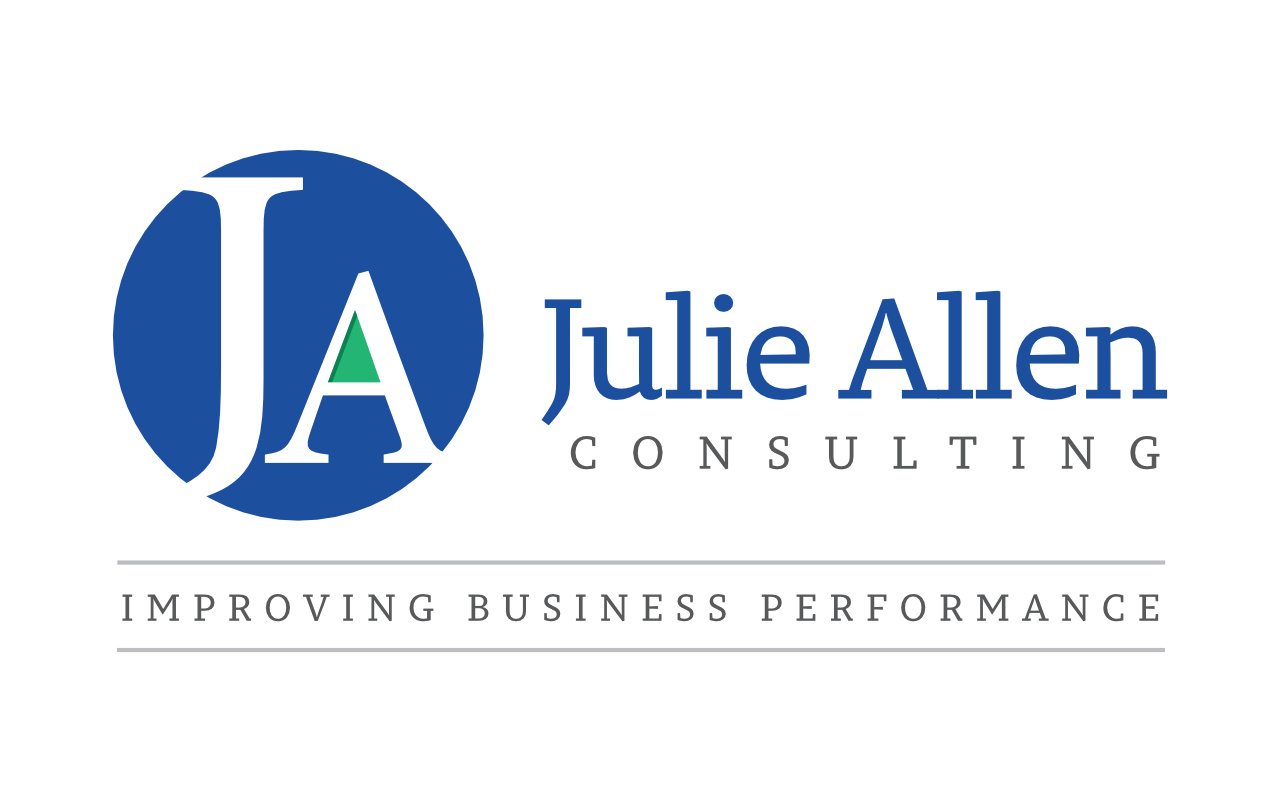The Secrets of an Emotionally Intelligent Leader
Considering the current economic climate, the future of work and the skills shortages it is vital that leaders evolve and develop their approaches to drive both organisational and employee performance.
What is Emotional Intelligence?
Emotional Intelligence (EI) is an individual’s capacity to recognise their own and other people’s emotions, and their ability to use this information to guide how they think, respond and behave.
Emotionally Intelligent leaders have the capacity to harmonise thought and emotion by:
Being Self Aware
Perceiving the emotions of others
Modifying behaviour
Motivating oneself
Persisting in the face of frustration
Controlling impulses
Regulating moods
Empathising with others
Managing stress
Being optimistic
Emotionally Intelligent leaders can slow things down to notice:
Their own emotions and their response to them
How other people react to their emotions
How others respond to them
Emotionally Intelligent leaders have a keen sense of curiosity by:
Asking others for their perspective
Exploring the other person’s perspective
Considering what they can learn when criticised by others
Measuring Emotional Intelligence
Just like IQ, EI can be measured.
I use the Trait Emotional Intelligence Questionnaire (TEIQue) created by Professor Petrides which is registered and validated by the British Psychological Society as a robust, reliable, and valid measure of EI.
“EI is a collection of personality traits concerning people’s perceptions of their emotional abilities, these traits predict numerous outcomes (Such as life satisfaction, coping strategies and rumination).” K.V Petrides
This model identifies 15 personality traits (facets) categorised into 4 factors; Well-being, Self-Control, Emotionality and Sociability and places people on a continuum for each of these traits.
TEIQue Traits and Facets
Measuring EI is a great place to start on a development journey as getting a benchmark helps individuals to understand their strengths and pinpoint areas of development.
Organisational Benefits
Organisations with emotionally flexible leaders tend to have higher levels of:
Engagement and Loyalty
Psychological Safety
Teamwork
Productivity
Staff retention
Well-being
Individual Benefits
People with higher EI tend to:
Have more successful relationships.
Be excellent communicators.
Have greater physical and mental health.
Be able to easily adapt their behaviour to a variety of situations.
As a result, they are more likely to have the edge.
To watch the recording of this 30-minute webinar click the picture below.
What attendees said about this webinar:
“Very interesting. Thank you.”
Do you need further help?
If so, I offer a complimentary call to discuss your requirements and how we might work together.
The Secrets of an Emotionally Intelligent Leader

